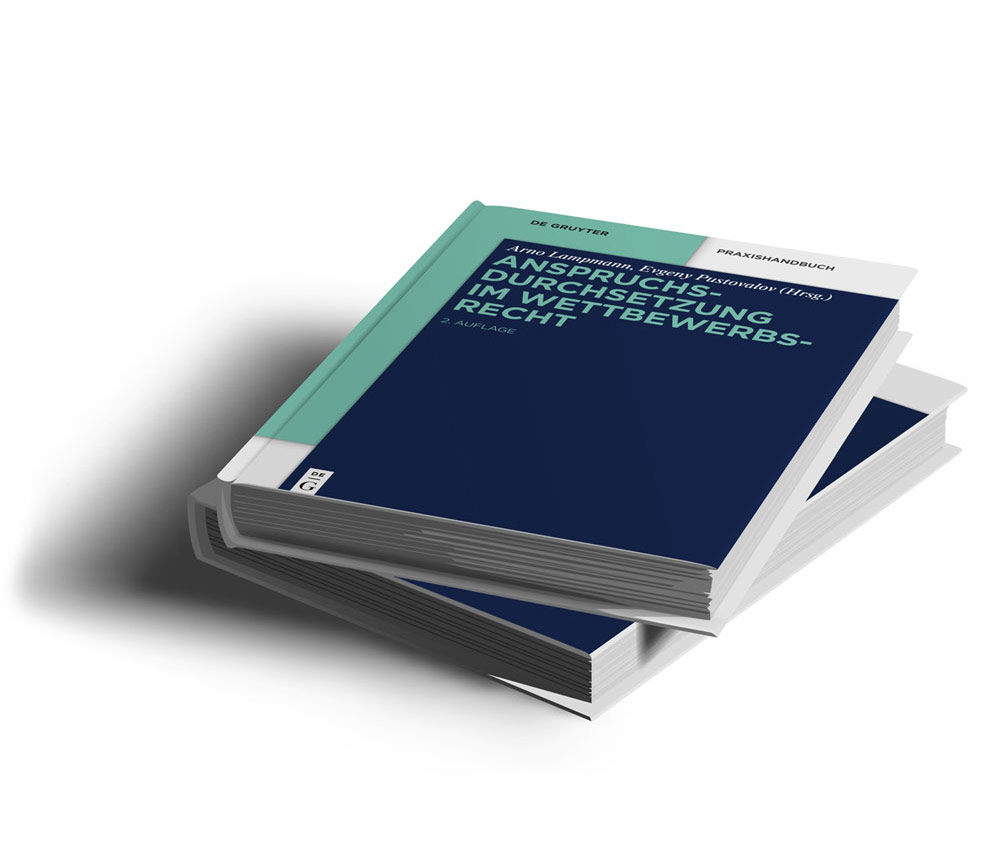Usury in a coaching contract? OLG Schleswig Holstein comments on immorality and FernUSG

The demand for business coaching is growing. Many entrepreneurs are prepared to benefit from the expertise of other entrepreneurs, even in return for large sums of money.
It sometimes happens that participants regret their decision and then, among other things, question the effectiveness of the corresponding Coaching contracts.
In a recent decision (judgment of 05.07.24, 19 U 65/24), the Higher Regional Court of Schleswig Holstein addressed the issue of immorality and usury-like transactions in the area of mentoring contracts and the applicability of the FernUSG to such contracts.
While the plaintiff, a company that offers mentoring programs, still failed before the Regional Court of Kiel, the Higher Regional Court changed the decision in an appeal ruling and granted the plaintiff a contractual claim for payment.
Plaintiff lost in the lower court
The plaintiff had concluded a contract with the defendant by telephone for the implementation of a mentoring program at a price of €60,000. After the defendant failed to pay the first installments, the plaintiff took the claim for payment to the Regional Court of Kiel, where she was initially unsuccessful. The Regional Court considered the concluded contract to be a usurious transaction due to a striking disproportion between the service (€60,000) and the consideration, which would cost around €5,000 at comparable distance learning universities. The court also suspected that the plaintiff had a reprehensible attitude.
The Higher Regional Court amended the judgment of the Regional Court of Kiel in its appeal judgment and ordered the defendant to pay the agreed installments plus interest. A contract had been concluded which was not null and void and from which the defendant had not effectively withdrawn.
High consideration does not automatically mean usury
While the Regional Court of Kiel had still assumed an immoral transaction pursuant to Section § 138 Abs. 1 BGB, the Higher Regional Court criticized this conclusion. An immoral transaction pursuant to Section § 138 Abs. 1 BGB is one that offends the sense of decency of all fair and just thinkers, i.e. is to be regarded as morally reprehensible. An immorality in the sense of a usurious transaction requires that, in addition to the conspicuous disproportion between performance and consideration, there must be another circumstance that indicates the reprehensible attitude of the plaintiff and thus makes the transaction as a whole appear immoral.
According to the OLG, however, there was no conspicuous disproportion between the service (€ 60,000 in twelve installments of € 5,000 each) and the consideration (mentoring over twelve months). A disproportion can be determined by comparing the agreed service with the objective value of the consideration, which is usually measured by its market value. However, the plaintiff’s mentoring offer was not comparable to courses at a distance learning university and was not geared towards the classic transfer of basic knowledge, but rather towards the transfer of the mentor’s personal experience and methods in order to promote the economic success of a specific company in the short term. The comparison with similar programs, such as that of a party in proceedings before the Higher Regional Court of Cologne (judgment of 06.12.2023 – 2 U 24/23), shows that the price agreed here is not conspicuously higher than the market price. Accordingly, no usury-like transaction can be inferred.
No application of the FernUSG without monitoring the learning success
The OLG stated that the contract was also not void in accordance with Sections §§ 7, 12 Abs. 1 FernUSG because the plaintiff was not authorized to enter into distance learning contracts. Pursuant to Section § 1 Abs. 1 FernUSG, a distance learning contract requires not only the physical separation of the teacher and learner but also the monitoring of learning success. The BGH assumes a broad understanding here, according to which it is sufficient if there is a contractual claim that, for example, in a course accompanying the lessons, the teacher or a representative individually checks by means of oral questions whether the learner has actually internalized the learned material.
However, this was not the case here. The mentoring program was not about bringing about an objectively measurable success, but about presenting the mentor’s personal experience, whereby the actual implementation and realization by the participants in their own company should ultimately be their own responsibility. Although it is possible to ask questions, this is not sufficient to assume a learning success check.
No right of withdrawal for B2B contract and no termination
The defendant had tried to withdraw from the contract by canceling it. However, according to the court, he had no right of withdrawal. He had concluded the contract in order to improve his ability to increase sales in his company and had therefore not acted purely for private purposes, i.e. not as a consumer. A right of withdrawal under the FernUSG was also out of the question due to its lack of applicability.
Furthermore, there is also no right of termination. Ordinary termination is generally not possible for employment contracts concluded for a fixed term (§ 620 Abs. 1 BGB). Furthermore, there is no good cause for extraordinary termination in accordance with Section § 626 BGB. In any case, this does not include breach of contract and lack of solvency. Termination due to the provision of services of a higher nature pursuant to Section § 627 BGB was also out of the question. There was a lack of a special relationship of trust between the contracting parties, as the mentor did not gain detailed insight into business secrets and business figures, as would be the case with management consultants, for example.
Conclusion
The decision of the Schleswig Holstein Higher Regional Court is good news for coaching providers. Their offers do not have to be comparable with courses offered by distance learning universities, as the objectives, learning methods and content taught differ. This is important for the assessment of the market value of such services, against which the accusation of usury is to be measured.
In addition, the ruling once again underlines the criteria used to apply the FernUSG. In particular, a review of the learning success would have to be carried out by the coach or their representative. If coaching providers want to avoid falling under this law, they should ensure that the contract states that such a learning success check is not owed.
Providers of mentoring and coaching programs should protect themselves legally. LHR Attorneys at Law advises its clients on all issues relating to (online) coaching contracts, drafts or reviews corresponding contracts and represents entrepreneurs in and out of court.










